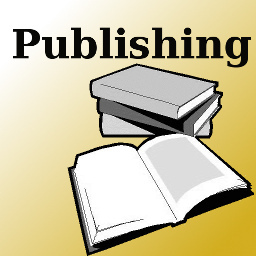 Let’s talk about eBook pricing not as some simple economic supply and demand curve, but as valuing writers. I’m going to propose something a little outrageous: Readers will pay just as much for an eBook as any other format, but only to support the artist.
Let’s talk about eBook pricing not as some simple economic supply and demand curve, but as valuing writers. I’m going to propose something a little outrageous: Readers will pay just as much for an eBook as any other format, but only to support the artist.
Let me explain.
At Origins, I heard a panelist say that it was insulting to authors to offer the electronic version for less. “It’s the same work that is in the print book – why should it cost any less?”
A member of the audience spoke up: “I would gladly pay more for an eBook if I knew the money was going to you. But are you getting that extra money?”
Most knowledgeable readers know the answer to that question: “No”. Add in the rights grabs and unilateral royalty adjustments that the big houses have been doing lately, and the answer really becomes “Hell no!”
“But,” says convenient hypothetical strawman, “those are knowledgeable readers. Most consumers aren’t that way.”
Possibly. But I’ve been field-testing my sales pitch for Volume One of The Crimson Pact across several cons and signings now. And I can tell you that one phrase has tipped more fence-sitters into taking a chance on the book than any other:
Seventy-five percent of each sale goes directly to the authors.
It’s a closing line. I’ve seen it make a difference to average readers – folks who don’t know about any of the rest of this. People who do not give a damn about “spoilage” or “return policies” or “shelf rent”.
But they do care about supporting the authors they like.
Want them to take a chance on your work? That’s when the lower prices come in. Better people than I have done the math – but it boils down to this: The lower cost of digital publishing means that more of each sale goes to the author. Enough more that a $5 eBook sold independently will make more for the author than a $10 eBook through a traditional publisher.
The creative talent still gets paid, but the overhead gets stripped out of the way.
And that’s how it should be.
